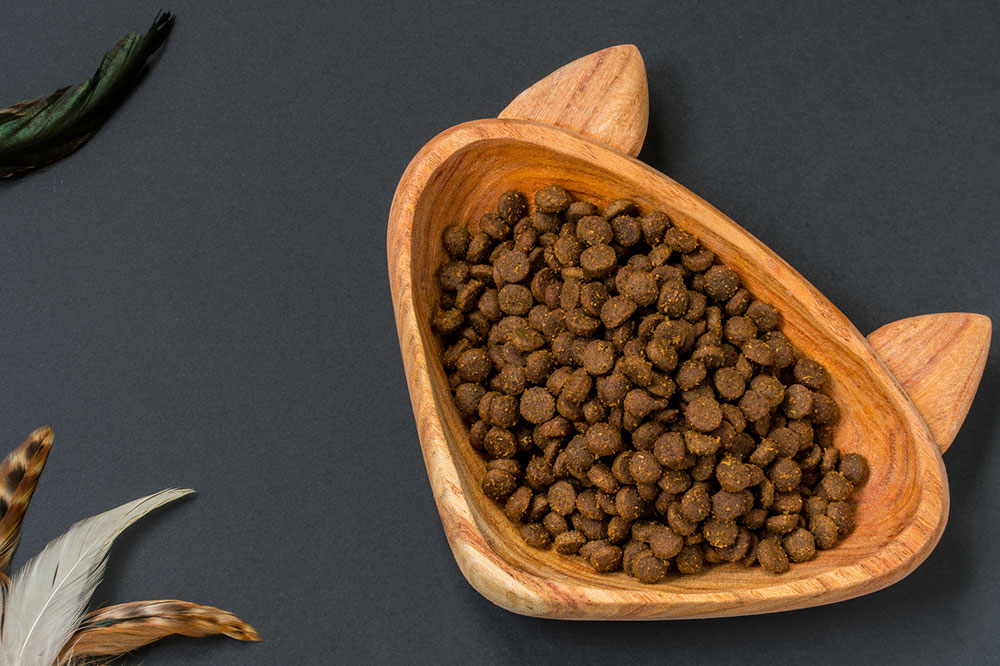
Tips to Buy Healthy Treats for Cats
We all love our pet cats and always want to choose the best for them, including the kinds of snacks and treats they enjoy. Treats play a vital role in not only keeping your feline friend happy but also in training them. Many, today, are turning to healthier snacking options for their pets. However, we are often uncertain when it comes to the parameters that are to be considered before buying these snacks and treats. Keeping this in mind, we have put together a list that offers tips for buying healthy treats for cats:
- Limit the treats
Offer your cat treats in moderation as treats lack essential vitamins and minerals. They can’t replace a nutritious meal, and in most cases, only add more calories to cats’ diets, leading them to gain weight but not really grow healthy.
- Steer clear of added sweeteners
While it is common to find sugar or corn sugar in cat treats, few know that cats’ taste receptors can’t really recognize sugar. Added sweeteners are also a reason for diabetes in cats.
- Look for the AAFCO mark on the package
Most packages don’t specify the nutrients or calories that the foods contain, leaving you questioning whether they are healthy enough for your pet. Hence, it is advisable to read labels carefully and check whether the foods are certified by the Association of American Feed Control Officials (AAFCO).
- Sodium does no good either
It is best to avoid treats with extra sodium. Consult your vet to know the adequate amount of sodium that your cat needs, depending on its age and weight. High levels of sodium can cause dehydration in some cats.
- Preservatives and food colors do more harm than you know
We wouldn’t prefer foods with artificial flavors, colors, and preservatives in our diets, so we should drop them from our cat’s diet too. Some studies also suggest that preservatives such as butylated hydroxyanisole (BHA) and butylated hydroxytoluene (BHT), among other additives, are carcinogenic.
- Opt for catnip
Ditch traditional treats and trade them for catnip or cat grass. Indoor cats are prone to ingesting their own fur, which might lead them to swallow hairballs. Cat grass can aid in better digestion. Additionally, it prevents hairballs from building up in their stomachs and even helps them to cough out previously ingested hairballs.
- Corn and soy are not necessarily healthy for cats
Avoid complex carbohydrates such as corn and soy because your cat’s gut cannot handle them. Such foods may not affect cats in the most obvious of ways, but they don’t provide cats with the essential nutrients and proteins either. Consuming these carbohydrates in large amounts can also lead to digestive issues.
- Wheat gluten is another no
While some cats can handle gluten, some may face digestive issues or have an allergic reaction to it. Gluten may be promoted as a substitute for protein in pet food, but it’s not advisable to feed your cat treats that contain large quantities of grain.



